According to the Hebrew Bible and Old Testament records in the Christian Bible, David was born in Bethlehem, Ephrath, in the area of Judah. His father is named Jesse. He is the youngest of Jesse's 8 sons. He has 2 sisters (see the section "Brothers of David" below). He passed his teenage years as a shepherd of sheep.
When he was young, Samuel came to Bethlehem. At that time Samuel was mourning because Saul, whom he anointed as the first king of the Kingdom of Israel, committed a number of violations against God's commands, so that God had rejected him as king over Israel. So God told Samuel to fill his "horn tube" with oil, to anoint the new king, and go to Jesse the Bethlehem, because among his sons God had chosen a king for Him. Samuel was afraid that Saul would know about his plans and would hinder and even kill him, but God has provided a strong reason so that Samuel can safely go to carry out the anointing, by bringing a young bull and saying, "I have come to offer a sacrifice to the Lord" . This is not an excuse to look for, but an important anointing ceremony, let alone an anointing of the king, must be accompanied by a sacrifice to God.
On arrival in Bethlehem, Samuel consecrated Jesse and his sons and invited them to the sacrifice. Then Jesse summoned his sons one by one and sent them through in front of Samuel. At first Samuel was amazed at Jesse's eldest son, Eliab, and thought he would be the king he was to anoint, but God said:
"Do not look at his face or high stature, for I have rejected him. It is not what man sees that God sees; man sees what is before the eyes, but the Lord looks at the heart."
Seven sons of Jesse passed by in front of Samuel, but Samuel said to Jesse, "The Lord has not chosen all these things." Then Samuel said to Jesse, "Are these all your sons?" Jesse replied, "The youngest remains, but he is tending the sheep." Samuel said to Jesse, "Call to him, for we will not sit down to eat until he has come." Then he told people to pick up the youngest son. She is rosy, her eyes are beautiful and her face is beautiful. Then the LORD said, "Rise up, anoint him, for this is he." Only in the presence of David's closest family, Samuel anointed David to be the king of Israel, while Saul was still king. Then Samuel returned to Rama.
Samuel took the horn tube filled with oil and anointed David among his brothers. From that day onwards the Spirit of the Lord reigned on David.

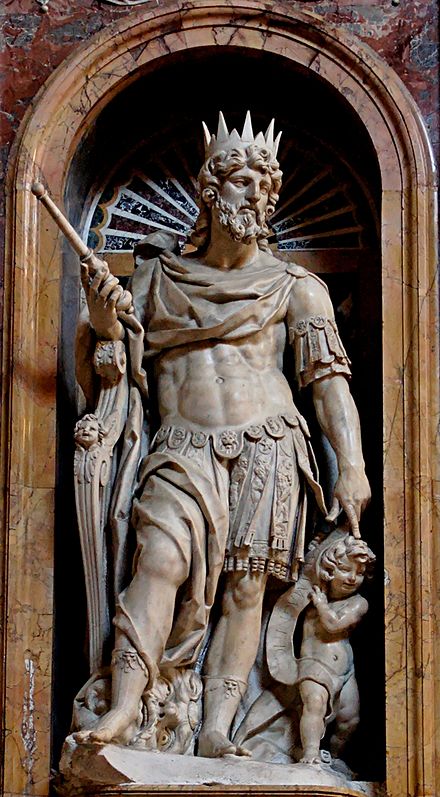

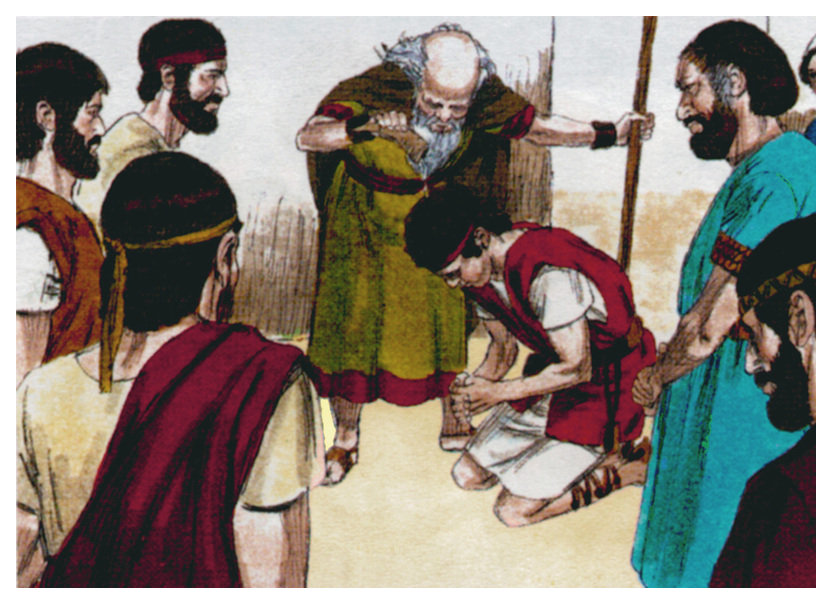
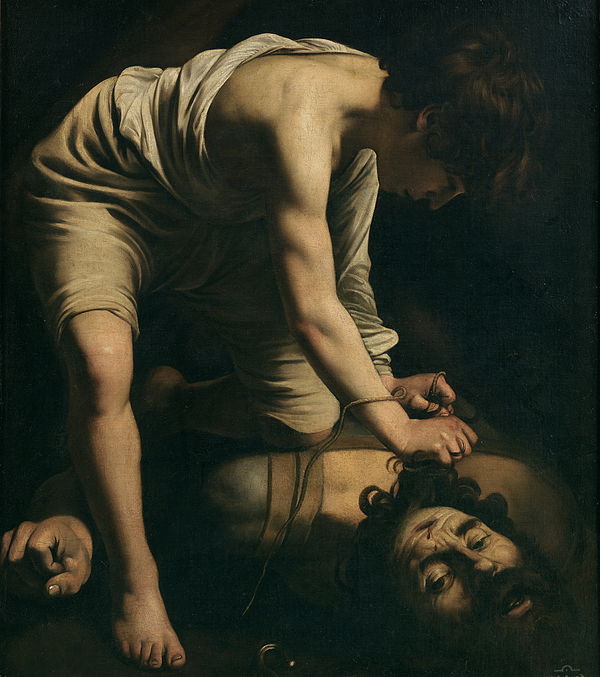
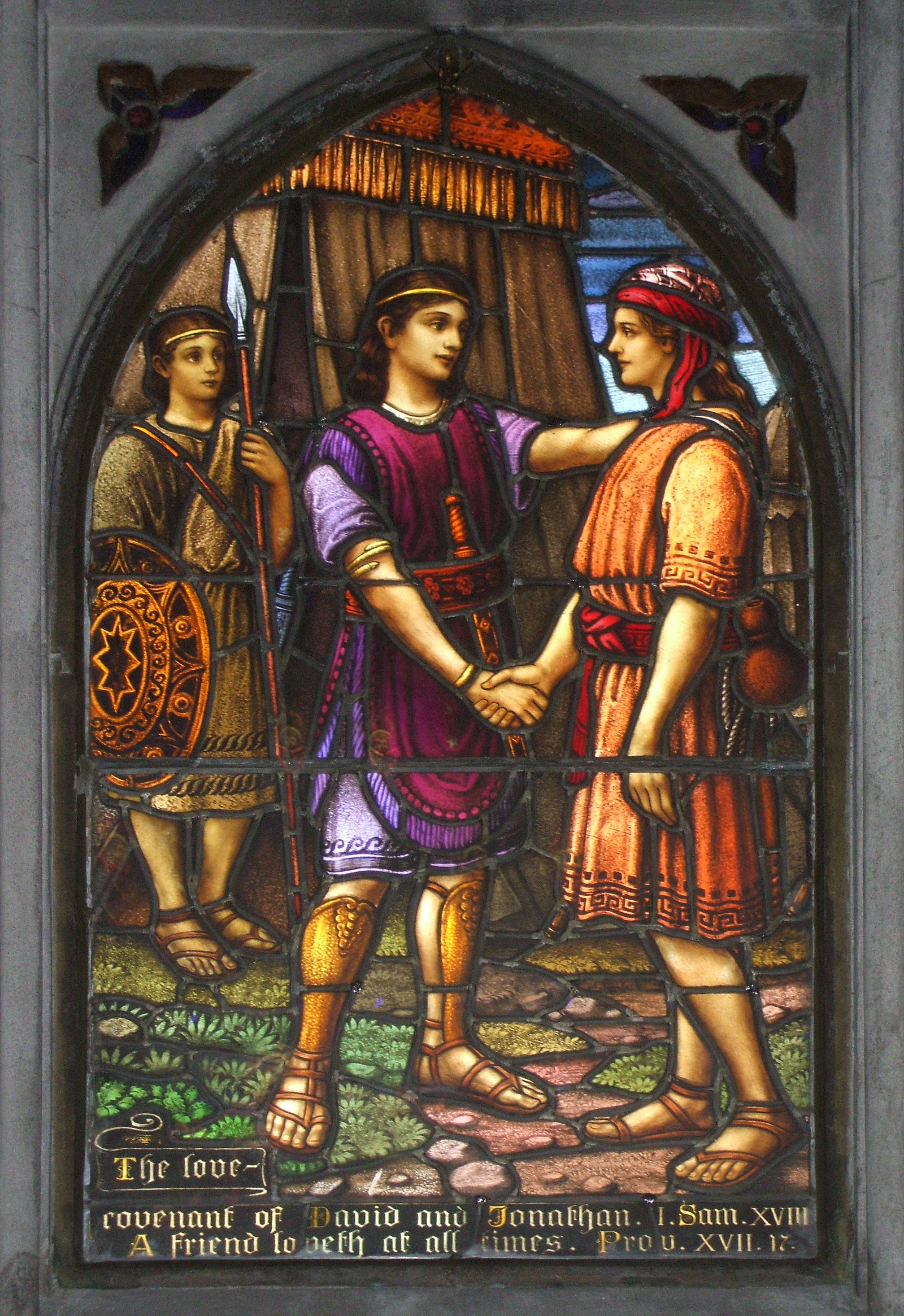
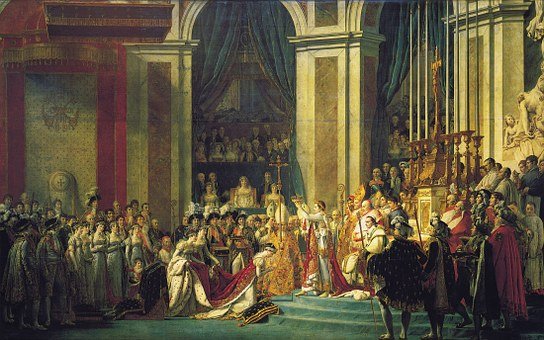

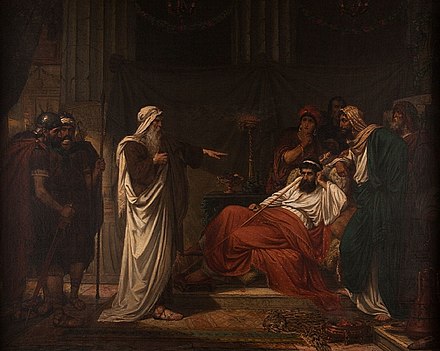
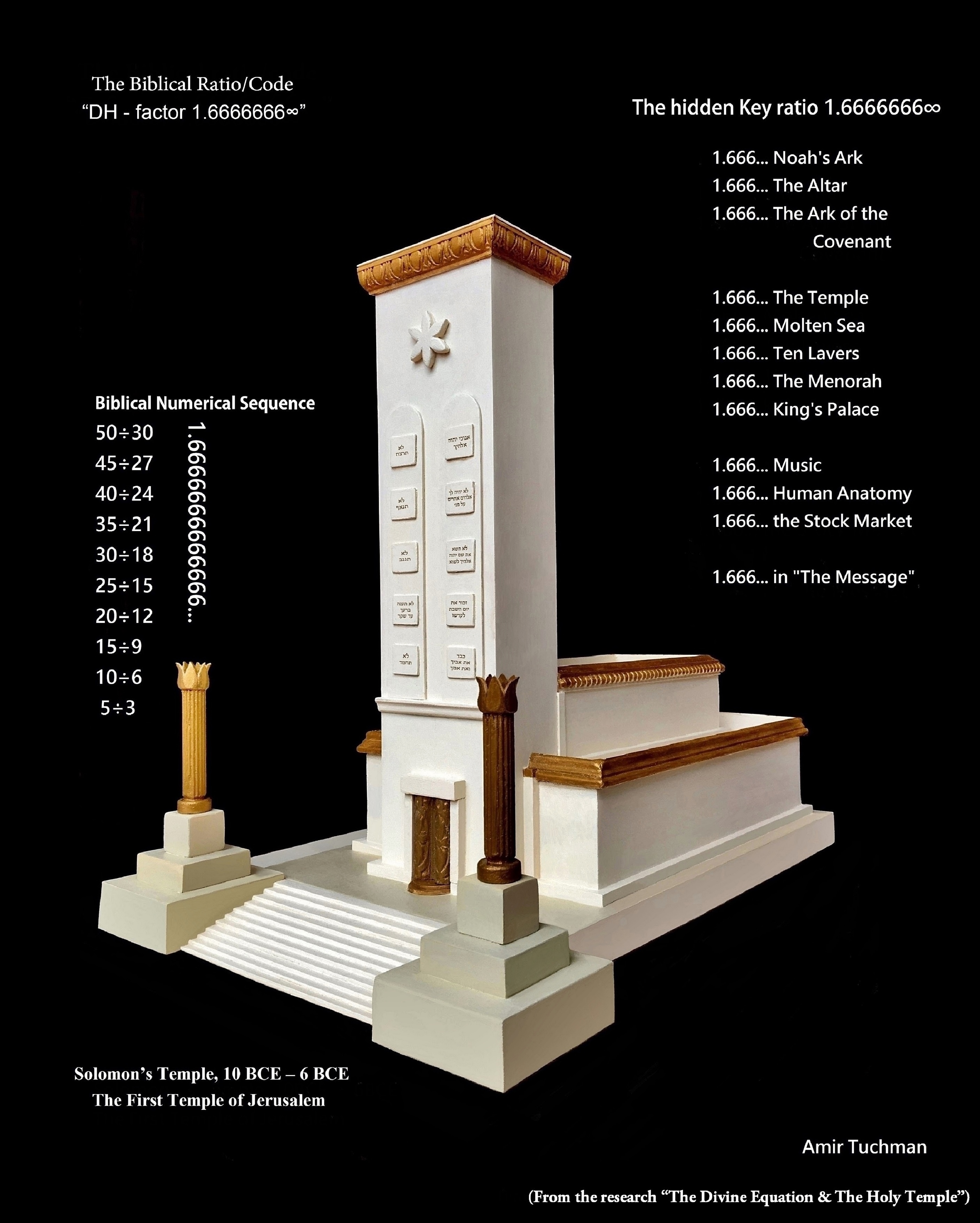
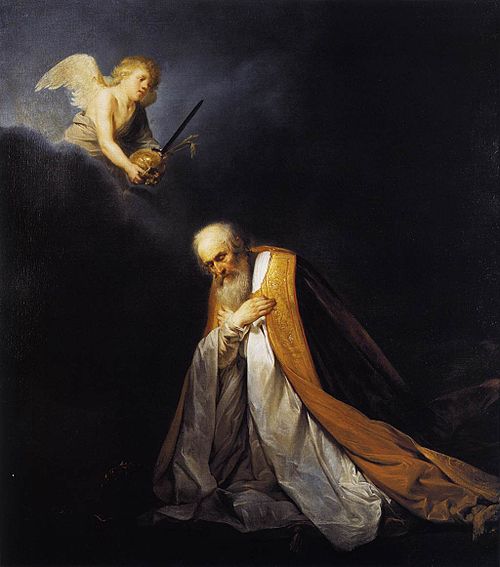

Comments
Links